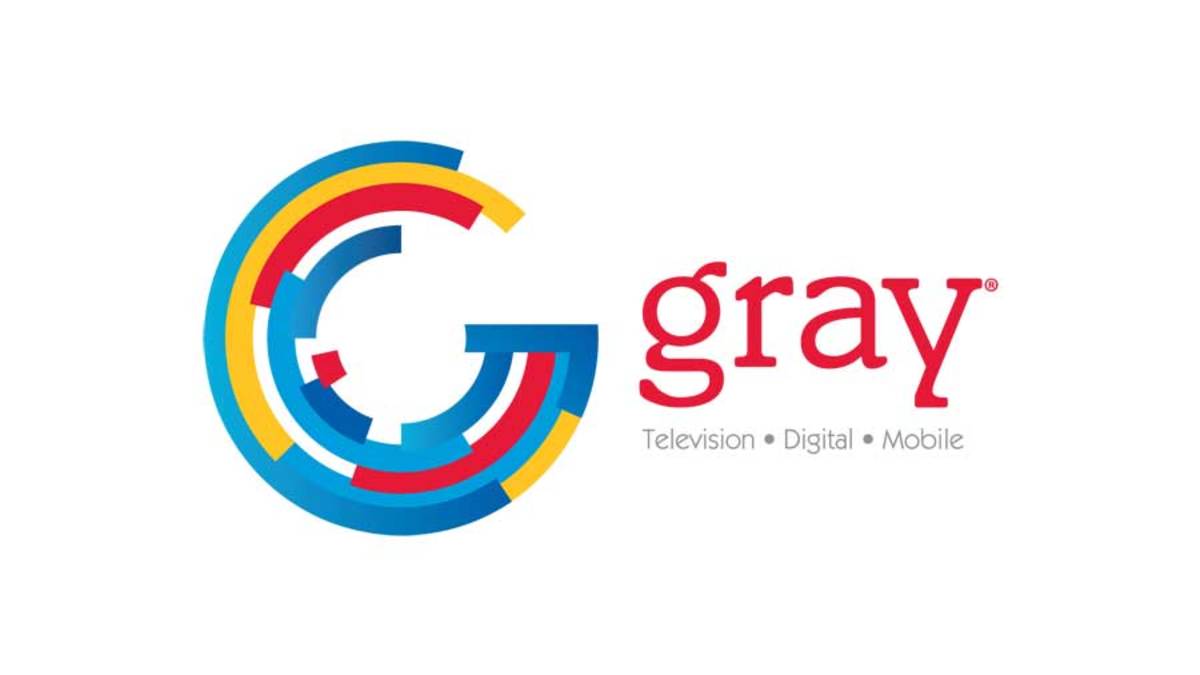Gray TV Loses FCC Retrans Case Against Frontier
FCC says Frontier negotiated in good faith

WASHINGTON—The FCC did not agree with Gray TV that Frontier Communications failed to negotiate in good faith, as well as meet other notification requirements, in the two sides’ recent retransmission dispute.
On Dec. 18, 2020, Frontier removed three Gray TV stations from its systems as the previous transmission consent agreement expired. A few days later on Dec. 22, Gray TV filed a good faith negotiation complaint against Frontier; it also claimed that Frontier violated customer notice requirements regarding service disruptions.
When it comes to good faith negotiations, the FCC specifically looks at whether a negotiating entity refused to negotiate regarding retransmission consent, but failure in itself is not an indicator of failing to negotiate in good faith. Also, a negotiating entity must designate a representative to have the authority to make binding representations on retransmission consent. In addition, proposals that are deemed “sufficiently outrageous” based on circumstances could point to a failure to negotiate in good faith.
In regards to customer notification, the FCC requires cable operators to notify subscribers of changes in service at least 30 days in advance of the change, “unless the change results from circumstances outside of the cable operator’s control,” which can include failed negotiations during the last 30 days of a contract.
Frontier filed a response with the FCC in January, saying that the two sides disagreed over the value of Gray’s stations. It also refuted claims by Gray that it had decided a month prior that it was going to drop the stations, evidenced by the removal of the stations from its channel lineup.
The FCC provided details in its decision that say Frontier and Gray did negotiate prior to the previous retransmission consent agreement expired, exchanging at least eight drafts of the renewal agreement. In regards to the channels being removed from the lineup, Frontier says that it did not remove them until it was clear the an agreement would not be reached, but in its haste to notify customers it failed to update the date on the channel lineup card.
Ultimately, the FCC sided with Frontier.
The professional video industry's #1 source for news, trends and product and tech information. Sign up below.
“[W]e agree with Frontier that it complied with the obligation to negotiate retransmission consent in good faith, including its per se obligation to negotiate retransmission consent, its per obligation to designate a representative with authority to make a binding representations on retransmission consent and compliance with the totality of the circumstances test. We also find that Frontier fulfilled its customer notice obligations,” the FCC said.
The full decision is available online.
